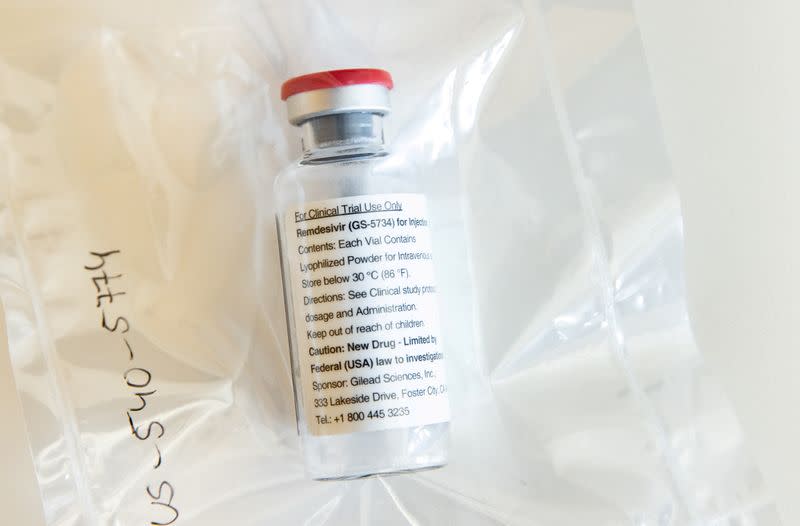Germany in decisive phase of pandemic, health minister says

BERLIN (Reuters) - Germany is in a decisive phase of the coronavirus pandemic, Health Minister Jens Spahn said on Tuesday, urging a national effort to slow the spread of the virus a day after month-long lockdown measures took effect.
"This pandemic is really a mammoth task for the government and for every individual in society," Spahn, who has just recovered from his own coronavirus infection, told a news conference.
"For eight months we have been working together to stem the virus. According to everything we know, we have not yet reached the peak of this task. We are in a decisive phase. The situation is serious. It is a national effort."
Germany imposed the lockdown, which includes the closure of restaurants, gyms and theatres, to prevent its healthcare system from getting overwhelmed.
Lars Schaade, deputy head of the Robert Koch Institute (RKI) for infectious diseases, said Germany would have been facing more than 400,000 new daily cases by Christmas if it had not imposed the new measures.
RKI data published on Tuesday showed the number of confirmed coronavirus cases in Germany rose by 15,352 to 560,379 in a day while the reported death toll rose by 131 to 10,661.
Schaade said while there had been a slight flattening of the curve in recent days, it was too early to call a change in trend as the reproduction, or R number, was still at 1.17 on Monday.
To get the situation under control, the R number will need to fall considerably below 1, to 0.7 or even lower for a while, he added.
The head of the DIVI association for intensive care medicine said there had been a sixfold increase in the number of people being treated in intensive care units for the coronavirus in the last month.
There are currently 7,238 intensive care beds free, according to the DIVI intensive care register. DIVI head Uwe Janssens said he expected the number of beds to be sufficient to cope with a surge in coronavirus cases, but said many hospital staff were working at full capacity.
(Reporting by Caroline Copley and Madeline Chambers; Editing by Michelle Adair)


